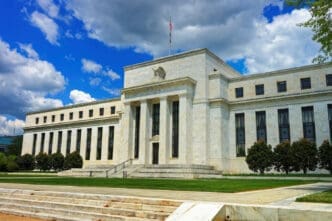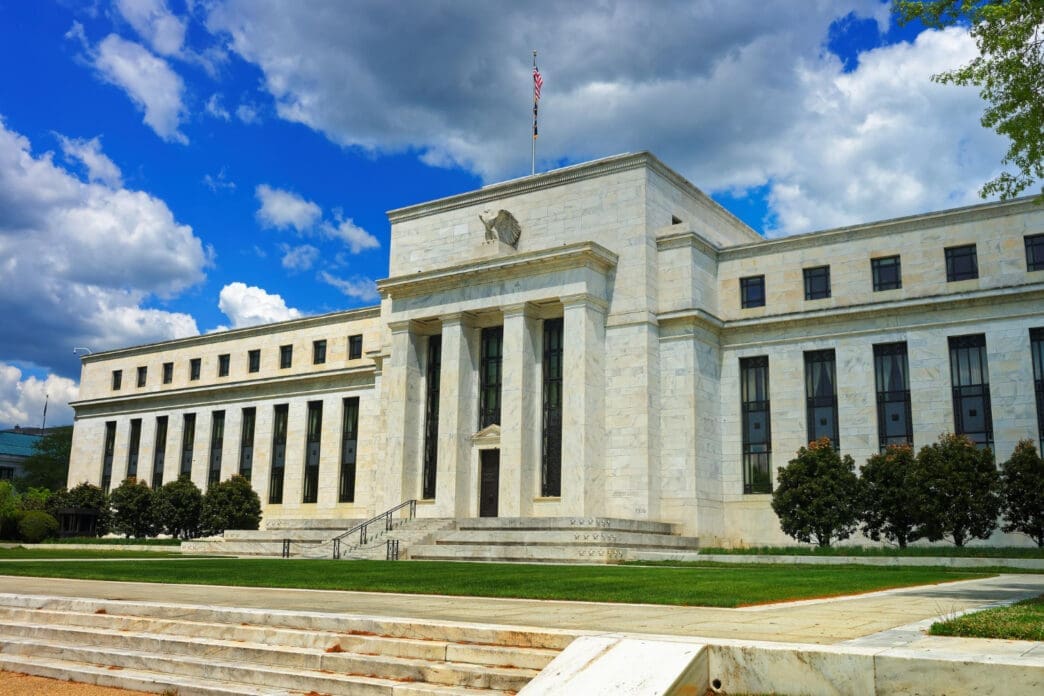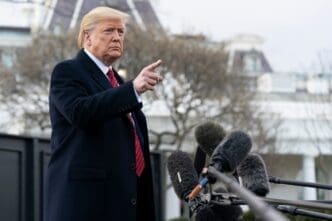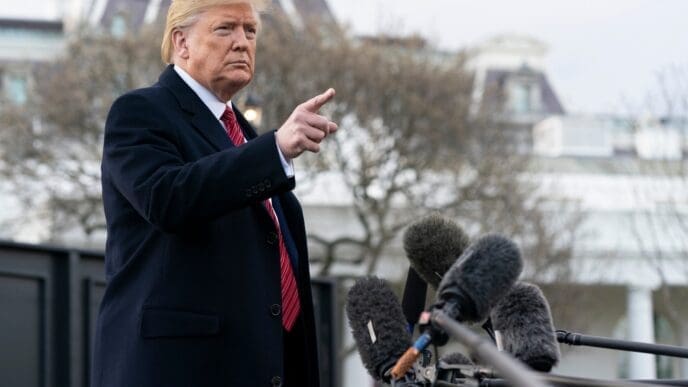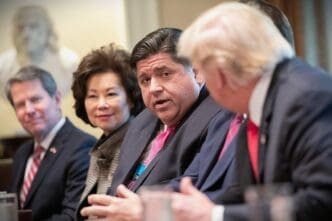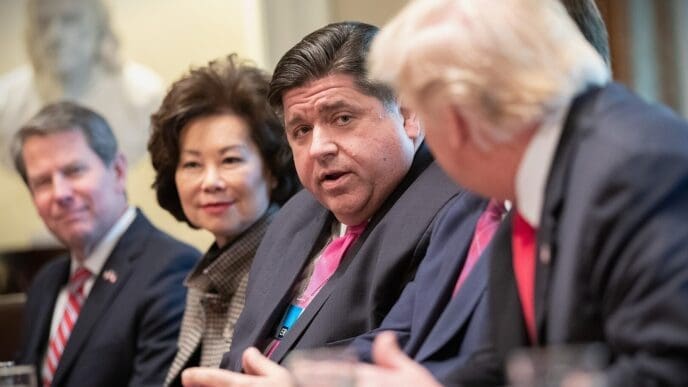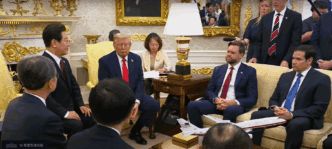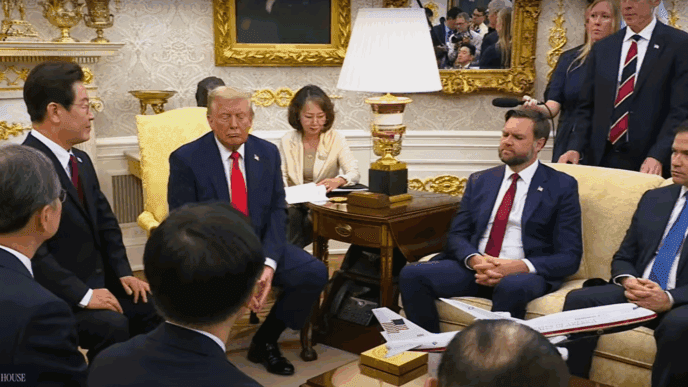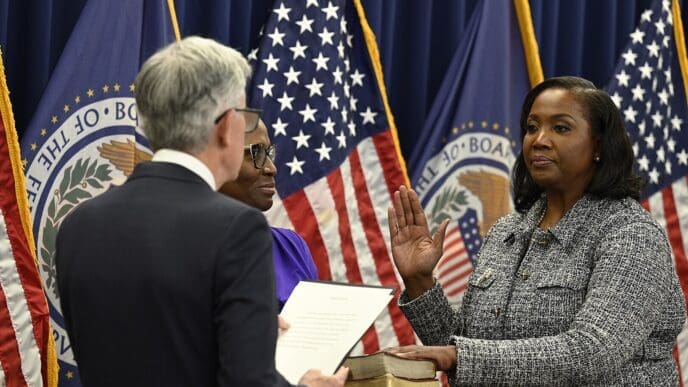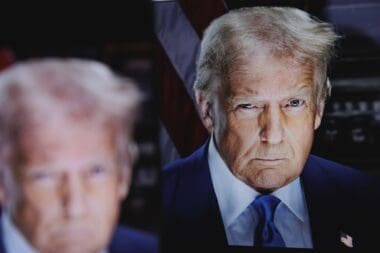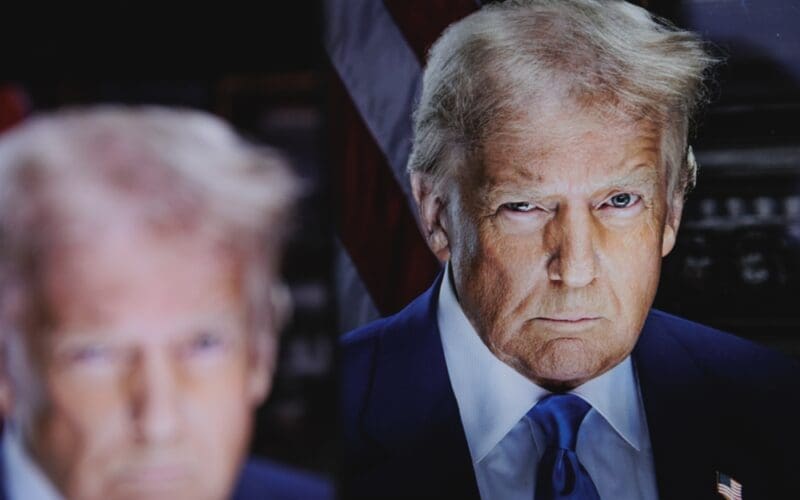Executive Summary
The Story So Far
Why This Matters
Who Thinks What?
President Donald Trump late Monday dismissed Federal Reserve Governor Lisa Cook, citing allegations of mortgage fraud, an unprecedented action marking the first time a U.S. president has fired a Fed governor in the central bank’s 111-year history. This move comes amid President Trump’s persistent criticisms of the Federal Reserve, though he appears to be holding back from the more drastic step of removing Chair Jerome Powell despite repeated threats.
Dismissal Amidst Fed Scrutiny
The dismissal of Governor Cook, while a significant event, is viewed by some as a less disruptive alternative to potentially removing Chair Powell, a move that could severely destabilize financial markets and undermine the Federal Reserve’s crucial independence.
Since the beginning of his second term in January, President Trump has vocally criticized Chair Powell for not lowering interest rates, using strong language such as “moron” and “knucklehead” and threatening his job on multiple occasions.
Preserving Fed Independence
Advisors and prominent financial figures, including JPMorgan’s Jamie Dimon and Goldman Sachs’ David Solomon, reportedly warned President Trump about the severe economic consequences and market turmoil that would follow Powell’s dismissal. They emphasized the critical importance of the Fed’s independence from political influence.
The Federal Reserve’s autonomy is widely regarded as essential for its ability to effectively manage inflation and unemployment, a principle supported by decades of economic policy and historical precedent.
A Pattern of Restraint
The article draws a parallel between President Trump’s approach to the Federal Reserve and his previous actions on tariffs earlier this year. In April, President Trump unveiled sweeping tariffs that economists warned could lead to stagflation, but he reversed course when the bond market reacted negatively, leading to a phenomenon investors dubbed “Trump always chickens out” (TACO).
This pattern suggests President Trump’s willingness to push limits but stop short of actions that could severely harm the U.S. economy, indicating a recognition of potential severe economic consequences.
Economic Repercussions and Future Outlook
While less impactful than a potential Powell firing, Governor Cook’s removal could still affect markets. A J.P. Morgan note indicated that “other governors could potentially be exposed to removal as well… this would add to upside inflation risks.”
Economists have voiced concerns about the long-term implications for the Fed’s independence. Just Wolfers, a University of Michigan economics professor, described Cook’s removal as “an attack on the institution,” highlighting fears of increased political interference in monetary policy decisions.
While President Trump’s dismissal of Governor Cook is a historic first, his decision not to remove Chair Powell indicates a recognition of the severe economic and market repercussions such a move would entail. The event underscores ongoing tensions between the White House and the independent central bank, raising questions about the future of the Federal Reserve’s autonomy.

